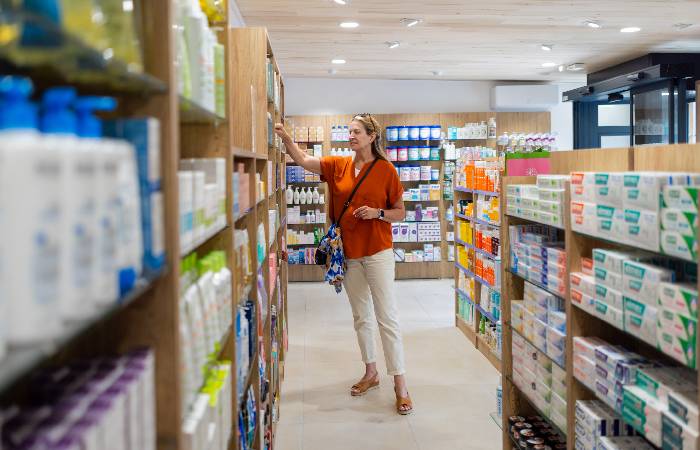PDA blasts Society over P meds self-selection about-turn
In Practice
Follow this topic
Bookmark
Record learning outcomes
The Pharmacists’ Defence Association (PDA) has voiced strong opposition to the Royal Pharmaceutical Society’s (RPS) recent endorsement of “facilitated self-selection” of Pharmacy-only medicines, warning that the approach threatens patient safety and undermines professional pharmacy standards.
The PDA called the RPS’s revised position “fundamentally flawed,” citing insufficient evidence and a disregard for critical pharmacist oversight.
A recent report from the PDA highlights that facilitated self-selection – which allows patients to choose P medicines before any pharmacist intervention – risks increased adverse drug reactions (ADRs), especially among vulnerable patients with comorbidities or on multiple medications.
“Patient safety must remain paramount,” the PDA said, referencing evidence that 61 per cent of adults struggle with health literacy and that ADRs cost the NHS £2.2 billion annually – 40 per cent of which are preventable.
The PDA also criticised the General Pharmaceutical Council for introducing the term “facilitated self-selection” without formal consultation. “Adding the word ‘facilitated’ does not change the core risk – patients are still making decisions before receiving clinical input,” the union warned.
A recent PDA survey revealed that 93 per cent of over 1,300 pharmacists opposed any self-selection model, with 87 per cent concerned about the increased risk of violence when patients are challenged post-selection.
The PDA argues that the policy risks shifting the sector towards a retail-led model, where sales pressure could outweigh clinical judgement. This direction contradicts NHS priorities, such as the Pharmacy First service, which emphasises prevention and professional-led care, it says.
Legally, the PDA maintains that facilitated self-selection contravenes the Medicines Act 1968 and Human Medicines Regulations 2012, which require pharmacist supervision at the point of sale – not after product selection.
The PDA warns that this model could erode the justification for maintaining the P-medicine category altogether and compromise future medicine reclassifications.
Calling the RPS’s position “misguided and potentially harmful”, the PDA urged the leadership body to reconsider its new stance and demanded a transparent consultation process. “Until then, we will continue to oppose any model that dilutes the pharmacist’s role as the gatekeeper of safe medicine use.”
See also: RPS shifts stance on self-selection of P medicines

